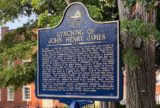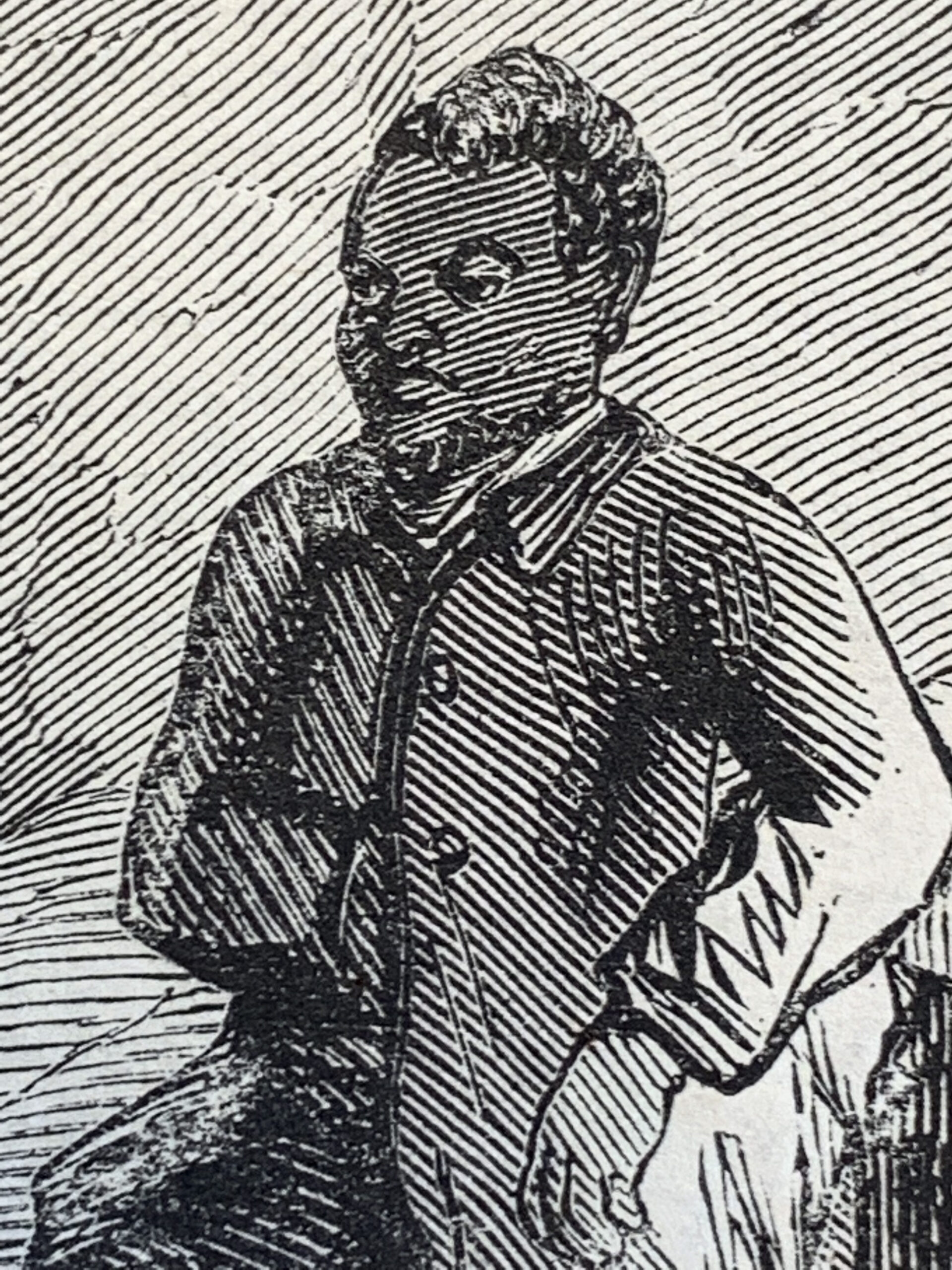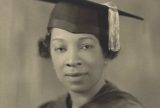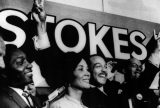A Black Neighborhood, Upended by a Highway, Looks to Reconnect
Communities of Color in St. Paul, and Across the Country, Are Making Efforts to Remember and Rebuild
How do you remember—and reconnect—a neighborhood destroyed by highway construction over a half-century ago?
Since 1983, this has been the mission of Saint Paul, Minnesota’s annual Rondo Days festival. “[You see] everyone you grew up with and everybody you’ve ever known, your childhood and everything,” said former Rondo resident Brian White, Sr. in 2015. “You might see people you haven’t seen since you were five, six years old out here.”
It may mix historical exhibits, field day tournaments, 5K runs, picnics, dances, and religious services, but the festival is no ordinary reunion. …










